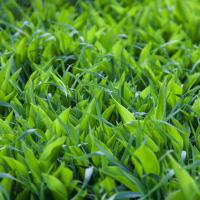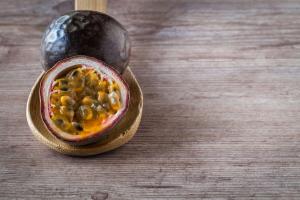Is the Dragon Tree Plant Toxic to Cats?
The Dragon Tree Plant, also known as Dracaena marginata, is a popular indoor plant that is grown for its unique and attractive appearance. However, many cat owners are worried about the potential toxicity of this plant to their furry friends. In this article, we will examine whether the Dragon Tree Plant is safe for cats and what precautions you can take to ensure the safety of your pets.
The Potential Toxicity of Dragon Tree Plants
The Dragon Tree Plant contains saponins, a type of natural detergent that can cause vomiting and diarrhea in cats when ingested. Additionally, the sap of the plant can cause skin irritation and itching if it comes in contact with your pet's skin. However, the level of toxicity of the Dragon Tree Plant is relatively low, and most cats will only experience mild symptoms if they ingest it.
How to Recognize If Your Cat Has Eaten the Plant
If your cat has ingested the Dragon Tree Plant, you may notice some symptoms such as vomiting, diarrhea, loss of appetite, and lethargy. These symptoms usually appear within a few hours to a day after ingestion. If you suspect that your cat has eaten the plant, it is important to act quickly and seek veterinary help immediately.
Precautions You Can Take
If you have a Dragon Tree Plant in your home and want to ensure the safety of your pets, there are several precautions you can take. First, keep the plant out of your cat's reach, either by hanging it or placing it on a high shelf. Second, consider using a bitter-tasting spray on the leaves to deter your cat from nibbling on them. Finally, always monitor your cat's behavior and symptoms, and seek veterinary help if you suspect that they have ingested the plant.
Conclusion
Overall, the Dragon Tree Plant is a relatively safe plant for cats, but it is important to take precautions to ensure their safety. By keeping the plant out of your cat's reach, using a bitter-tasting spray, and monitoring their behavior, you can enjoy the beauty of this plant without worrying about the potential harm it can cause to your furry friend.

 how many times do yo...
how many times do yo... how many planted tre...
how many planted tre... how many pine trees ...
how many pine trees ... how many pecan trees...
how many pecan trees... how many plants comp...
how many plants comp... how many plants can ...
how many plants can ... how many plants and ...
how many plants and ... how many pepper plan...
how many pepper plan...































